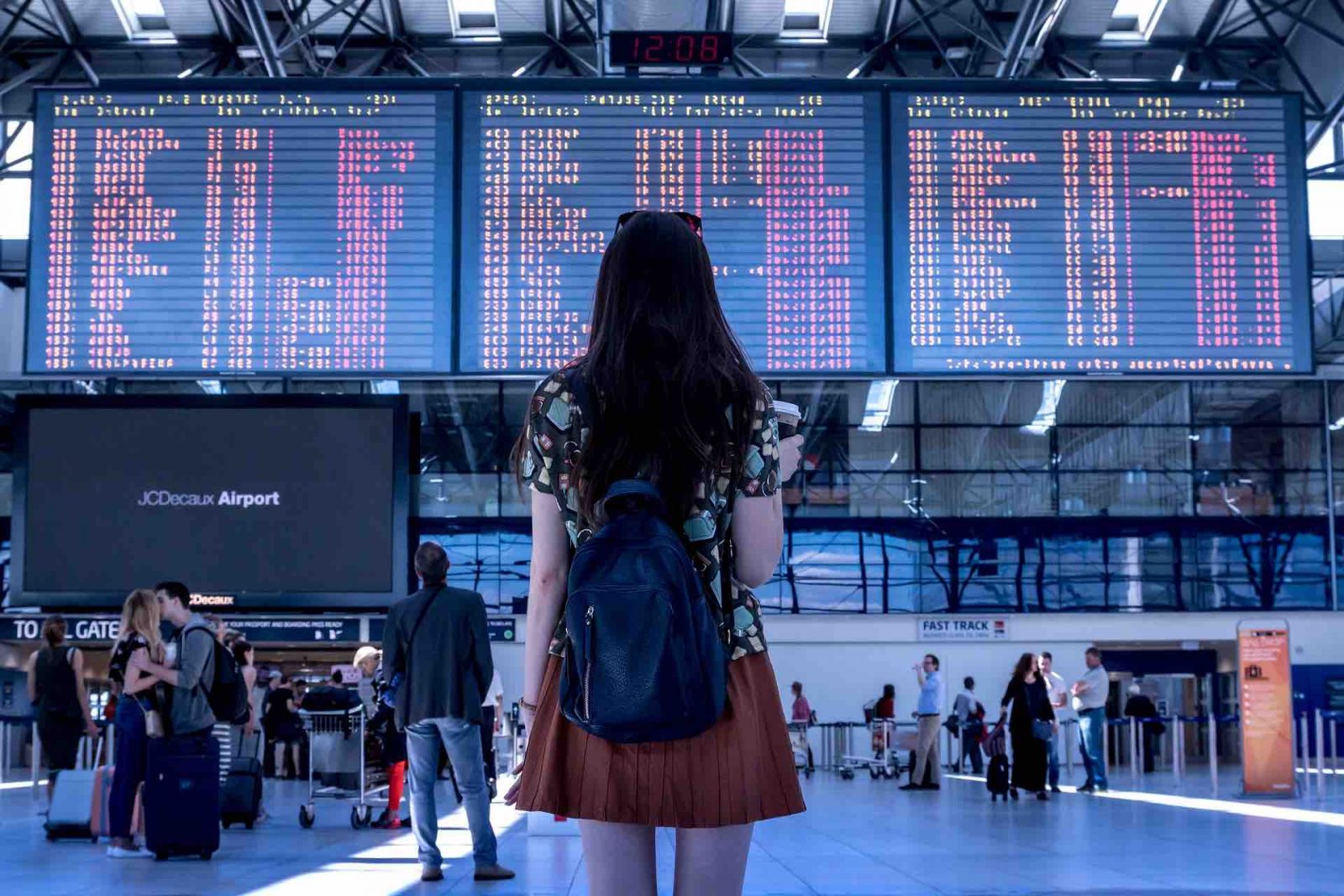One of the more common tips for traveling light is not to pack things you can just buy at your destination. A few examples include toiletries, body, hair, and skincare products. Travelers can sometimes even buy clothes where they are planning to go to lighten their load.
There are many ways to reduce the weight of your baggage. But one point of contention may involve packing medicines.
Why you need to pack your own medicines
In most cases, unless you are traveling to a remote region, you will find pharmacies carrying medicines. The drugs there may even be cheaper than back home. However, other concerns need to be considered besides weight and prices.
1. Availability
The issue of availability may not be particularly important to standard medications such as tablets for minor aches and pains, or anti-diarrhea medicine for adults, but it does when it concerns prescription or maintenance medication. Easy access to medicine varies from one country to another. What may be freely available in one region may require a prescription in another, or be deemed illicit in others.
For travelers who need to take maintenance medication for a heart ailment or another serious medical condition, the varying regulations can put their health at risk. With bringing your own medicines, however, you won’t need to worry about finding the same one at the destination.
When traveling to certain countries, you may be required to present documents to prove that you legally purchased the said medicines. A prescription may also be needed in case you need to restock on certain medications.
2. Compatibility
Generic names make it possible for people to find medicines at different price points. Branded drugs are often expensive, but with getting the generic name of your medicine, you can opt for a cheaper alternative. This is common when it comes to over-the-counter drugs.
It is possible to find an exact substitute for the medicines you take back home. You can check the label to compare the chemical components and dosages of different products to see which ones can work as an alternative.
It is important to note that although different medicines can bear the exact list of ingredients and amounts, this does not mean that they will work in the same way. How the drugs were manufactured vary from one company to another. As a result, the human body can sometimes react differently to medications from different brands.
3. Counterfeit products
Another potential concern when buying medicines at your destination is encountering counterfeit products. Yes, they may be cheaper than the real product, but it is that way for a reason. There is no way of knowing what is truly inside each tablet or capsule, the manufacturing process, or its quality as a whole.
What to do before you go
Follow these steps if you are unsure about being able to carry your medications:
- Visit the embassy of the country you’re planning to visit. Enquire with the staff if your medicines are permitted entry or if you need additional documents to carry them into the country.
- Check the International Narcotics Control Board website to see if there is any mention of your medication to where you are heading.
- Make an appointment with your doctor. If your medications are not allowed, ask what alternative medicines you can take. You may also need a doctor’s letter detailing your medical condition, advised course of treatment, and alternative prescriptions in the event you are staying for longer than a month at your destination.
If you are undergoing therapy, or need mental health support, talk to your specialist on treatment options you can look into at your destination.
Tips for buying medication at your target location
Buying the medicines you need before you go is recommended but not always possible. One of the most pressing issues for individuals carrying medications is the quantity you can bring with you. In some countries, you can only take up to 30 days’ worth of medicines.
Furthermore, you may be asked to present a medical certificate or a prescription to explain why you need to carry that much.
The following are a few tips you can follow if you are forced to buy medications at your point of arrival:
- Make a trip to your embassy or consulate at your destination. They can give you a list of recommended doctors, medical specialists, and pharmacies that may carry the specific medications you need.
- Only buy medicines from licensed pharmacies and not from open markets. Remember to get receipts as proof of where you got the medication.
- Give the pharmacist the generic name of the medications you need. If they don’t have the brands you are looking for, inquire if they have an alternative that contains the same active ingredients.
- Check the packaging to ensure that it has not been tampered with or is counterfeit.
Taking the right medications is essential to keeping yourself healthy. Armed with this information, you are in a better position to get access to medicines, whether buying at home or at your destination.
